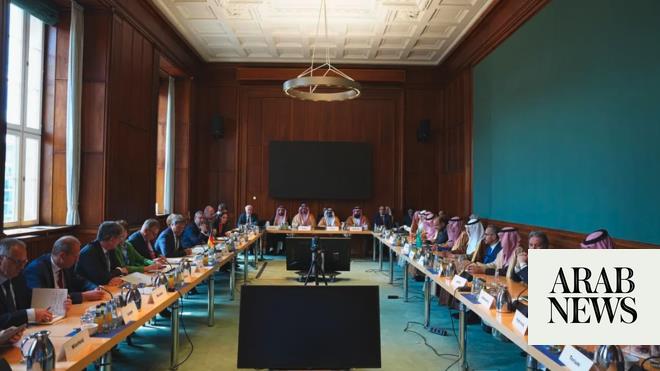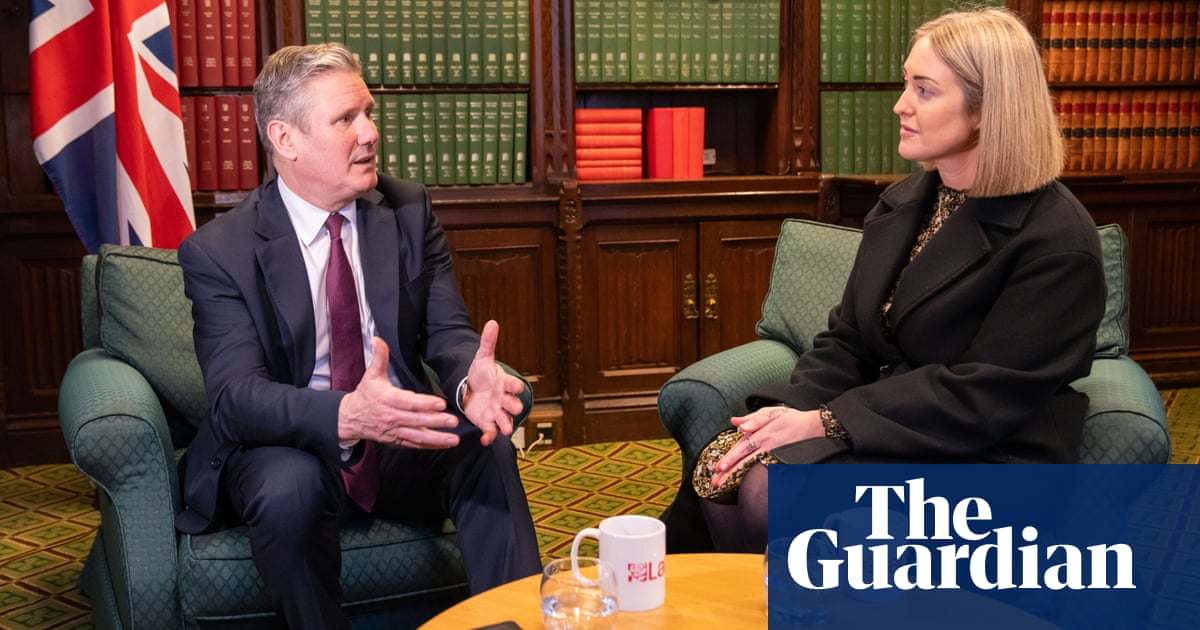
Rishi Sunak will travel to Dover on Monday in a bid to regain the initiative on Tory migration pledges amid pressure from his own backbenches as flagship legislation returns to parliament.
The prime minister is expected to outline what he views as the progress made in the six months since introducing the illegal migration bill, intended to change the law so those who arrive in the UK by irregular means can be removed to a third country such as Rwanda.
The legislation comes before the House of Lords this week, where it is expected to face significant opposition from peers and could be amended or delayed until later in the year.
On Sunday, immigration minister Robert Jenrick said Britain’s asylum system was “riddled with abuse” and that targets to reduce net immigration are not “particularly helpful”, despite previous pledges in successive Conservative election manifestos.
Jenrick also deflected questions about how many people had been removed from the UK under a “gold standard” UK-Albanian deal, which targets people arriving illegally from Albania mainly by crossing the Channel.
He said hundreds of people had been removed but that others were still being housed in hotels or had absconded. Jenrick told Sky News’s Sophy Ridge On Sunday show it was still “early days” under the deal and that “spurious last-minute claims” had held up deportations.
Along with an agreement reached with France on small boats, the deal with the Albanian authorities is expected to be among initiatives emphasised in Kent on Monday by Sunak, who is under pressure from the right of the Tory party after figures showed more than a third of people who arrived on small boats in the UK via the Channel in the first nine months of 2022 were from Albania.
He also faces pressure from within his own party and the Tory-supporting press after figures published last month showed net immigration to the UK had increased from 488,000 in 2021 to 606,000 in 2022. The figure for last year is nearly double the number in 2018.
Jenrick told the BBC that net immigration was “far too high today”. But when asked about a pledge under David Cameron to limit immigration to “tens of thousands” of people a year, Jenrick said: “I don’t think that targets like that are particularly helpful because migration is an extremely challenging space where behaviours are constantly changing.”
Labour went on the attack on Sunday as the shadow home secretary, Yvette Cooper, claimed ministers had been forced to admit the Albania deal was failing and that a report that the government’s plan for asylum could hit £6bn over the next two years showed its approach was “in chaos.”
The Home Office said it did not comment on leaks after the BBC said Suella Braverman’s department estimated it will have to spend between £3bn and £6bn on detention facilities, and ongoing accommodation and removals.
Defending the government’s record during a round of broadcast interviews on Sunday, Jenrick told the BBC One’s Sunday with Laura Kuenssberg programme: “The asylum system is riddled with abuse, we have to be honest with ourselves.”
This was criticised by Enver Solomon, chief executive of the Refugee Council, who said that the majority of people who cross the Chanel are eventually shown to be refugees.
Jenrick also responded to reports from last week that a large group of asylum seekers were left on the street in central London for two nights in a row. Westminster city council’s leader wrote to Braverman to express “deep concern” that about 40 refugees had been placed in the borough on Wednesday night”.
The mayor of London, Sadiq Khan, has also written to the home secretary to call on her to rethink what he described as the “cruel and unworkable” illegal migration bill.
“Only last week, London saw people seeking sanctuary camped outside hotels, rather than suffer overcrowded, substandard conditions,” he wrote, referring to the scenes outside a hotel in Pimlico.
“It is clear that the current asylum system is broken and this bill will serve only to deepen the challenge, which could result in 50,000 people over the next three years left in London, unable to access support, work or legitimate avenues to fend for themselves.”
Khan’s warning followed an assessment from the Refugee Council which estimated that tens of thousands of children would be impacted if the bill becomes law, and around £9bn will be spent nationally on detaining and accommodating people impacted by the legislation in the first three years of its operations.
Jenrick said on Sunday that the UK has to “reduce its reliance on hotels” for housing asylum seekers and insisted it was “fair and reasonable” to ask asylum seekers to share rooms in hotels in some circumstances.












